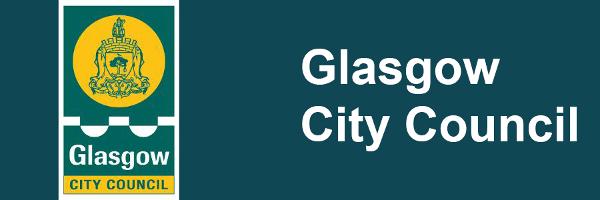Simplified procedures make it easier for local groups to seek funding to improve communities
Published: 27 June 2016
Simplified procedures make it easier for local groups to seek funding to improve communities.
From August 2016 public, third sector and community groups will find it easier to apply for funding through one of the 21 area partnerships in the city.
As part of a review into the council's Integrated Grant Fund (IGF) the application process for area budgeting has been streamlined including a shorter and simpler application form, adopting clearer eligibility criteria and priorities, setting minimum and maximum awards and a move towards community budgeting.
With more than £1.3 million to be allocated between the city's 21 area partnerships (that have boundaries in line with electoral wards) in this financial year, applications should fit with the pre-agreed investment priorities for that particular area partnership.
Each area was recently asked to develop an investment plan in conjunction with local community representatives and service providers to agree on where to focus resources within local communities. Priorities vary between areas but many are looking to concentrate resources on cleansing and the environment, making neighbourhoods safer, improving health and wellbeing and targeting services towards vulnerable people, young and elderly.
Area Partnerships currently have budgets ranging between £50,000 and £74,000 per annum depending on population and levels of deprivation.
Councillor Soryia Siddique, Executive Member for Communities and Citizenships, said: "Through streamlining the budget allocation process we are making it easier for groups to approach us for funding. Most importantly, it is an opportunity to best target money into where it is needed and will have the greatest effect in a local area.
"However we don't wish to be too prescriptive or deter people from applying - there is scope for flexibility in the funding framework if there is a strong enough case for supporting a particular project.
"We will also increase our efforts to attract applications from a wider variety of community groups and projects as well as public and third sector organisations."
Other changes to the assessment process include a minimum award of £300 and a maximum of 10% of the area partnership's total allocation that can be sought from one single body.
Two area partnerships in the west of the city came together at the end of last year to help fund the purchase of audio visual equipment for Flourish House a charity that enable people with mental illness to regain purposeful lives in the community. Demonstrating the need for the new equipment and tangible benefit to the local community, the funding from Maryhill and Kelvin and Hillhead area partnerships was used to update their screen, projector, speakers, lectern unit and amplifier for to allow them to host regular social events including fundraising and anti-stigma events. It also meant that Flourish House could play a role in the Scottish Mental Health Arts and Film Festival.
Taking on feedback from a wide variety of groups and individuals, the IGF review also found that there was significant interest in pursuing more community budgeting events, where residents, community and voluntary groups, knowing an areas needs best, vote to make decisions on spending priorities as part of a public budget.
Following a successful community budgeting pilot initiative in March this year the majority of area partnerships indicated that they will continue to use community or participatory budgeting (as it's also known) as a process for allocating money to projects and services.
Links:
- For more information on Area Partnership Funding.
- Glasgow Community Planning Partnership




